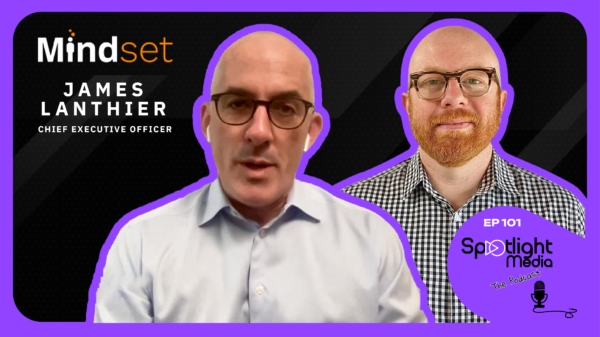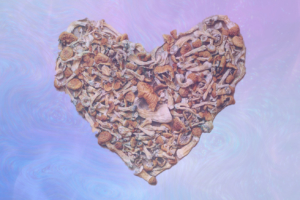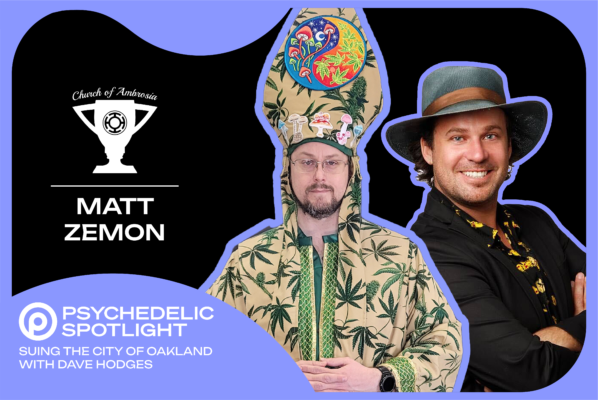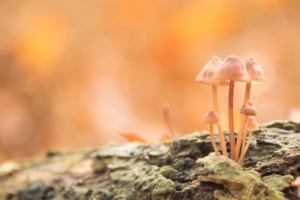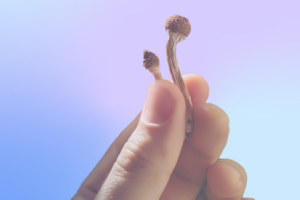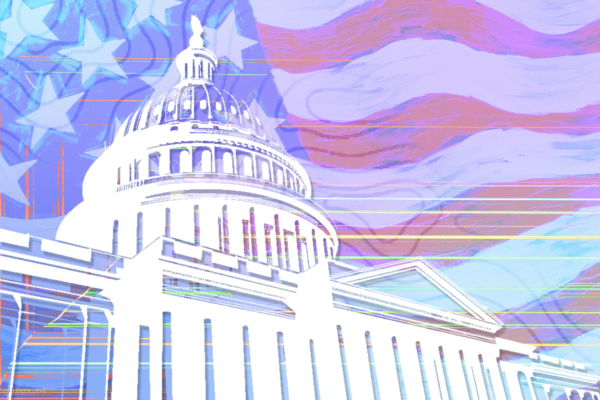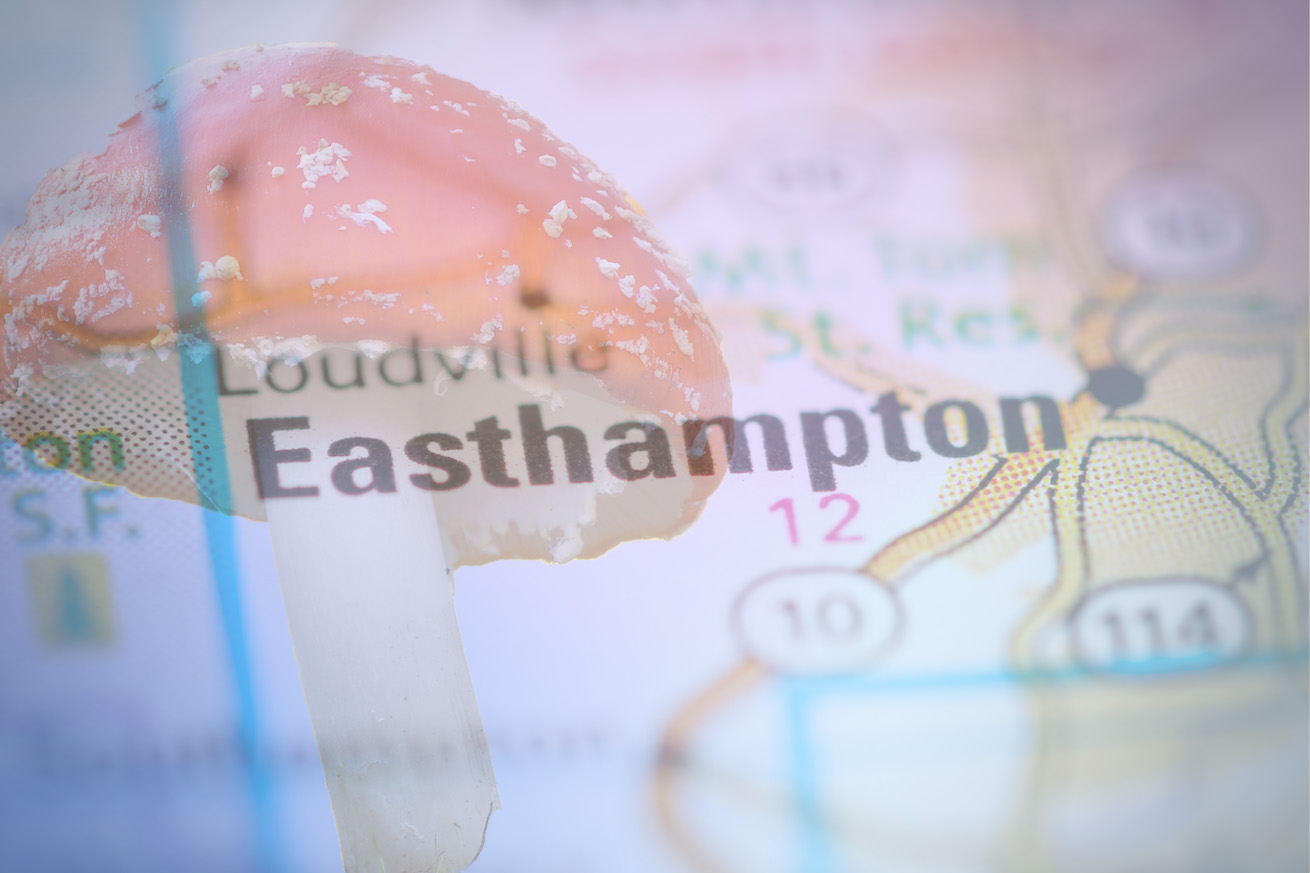
Easthampton in Massachusetts has become the latest American city to decriminalize psychedelic plants and fungi.
On Wednesday night, the Easthampton City Council unanimously supported a resolution that called for adults’ possession, cultivation, transportation, distribution, and use of psychedelic plants for therapeutic purposes to become the lowest law enforcement priority for the city.
Spearheaded by Councilor At-Large Owen Zaret, the resolution states that the use of controlled substances should be primarily considered a public health issue by the city. “The so-called War on Drugs has led to unnecessary penalization, arrest, and incarceration of vulnerable people of color and people of limited financial means, rather than prioritizing harm-reduction policies to treat drug abuse as an issue of public health,” it states.
During the meeting, Zaret explained: “[The resolution] acknowledges the millennia of the historical use of these plants as therapeutic and beneficial, as well as the more recent history of peer-reviewed studies that demonstrate the therapeutic value and safety of these plants. It also undoes more recent historical bias, marginalization and fabricated persecution for therapeutic uses of these plants by calling for an end to arrests and incarceration.”
In supporting the resolution, the Easthampton City Council has also shown its support for other local and state legislation to reschedule these plants. “[The resolution] properly frames these plants as belonging somewhere other than Schedule I in the list of controlled substances—their presence there being demonstrably inappropriate given irrefutable scientific evidence of their therapeutic value [and] their lack of addictive properties,” Zaret said.
The resolution only decriminalizes entheogenic plants, referring to psychedelic plants and fungi that contain indole amines, tryptamines, and phenethylamines, such as psilocybin, ayahuasca, and iboga. However, it does not apply to animal-derived controlled substances or Lophophora, a Southwestern cactus traditionally used by Indigenous peoples in spiritual and health rituals. This slow-growing cactus is endangered as the result of non-native poaching, farming, and natural gas development.
It also does not authorize the commercial sale of entheogenic plants and fungi, cultivation for large-scale distribution, public disturbance or driving under the influence of these substances, or possession or distribution on school grounds or to a person under 21 years of age.
Further, the resolution recommends that a youth education program be created to teach young people about the risks and benefits of the adult therapeutic use of pharmaceutical and botanical therapeutic substances, distinguished from education about the dangers of illicit substance use. “We made a concerted effort to partner with youth health advocates in our city to outline within the resolution ways in which youth in communities should be educated,” Zaret explained during the meeting.
Easthampton is now the fourth city in Massachusetts to decriminalize the personal use of entheogenic plants, following in the footsteps of Somerville, Cambridge, and Northampton. Nationally, other jurisdictions that have also decriminalized plant psychedelics include the state of Oregon and the cities of Seattle, Washington; Washington, D.C.; Denver, Colorado; Ann Arbor, Michigan; and Oakland, Santa Cruz, and Arcata in California.
